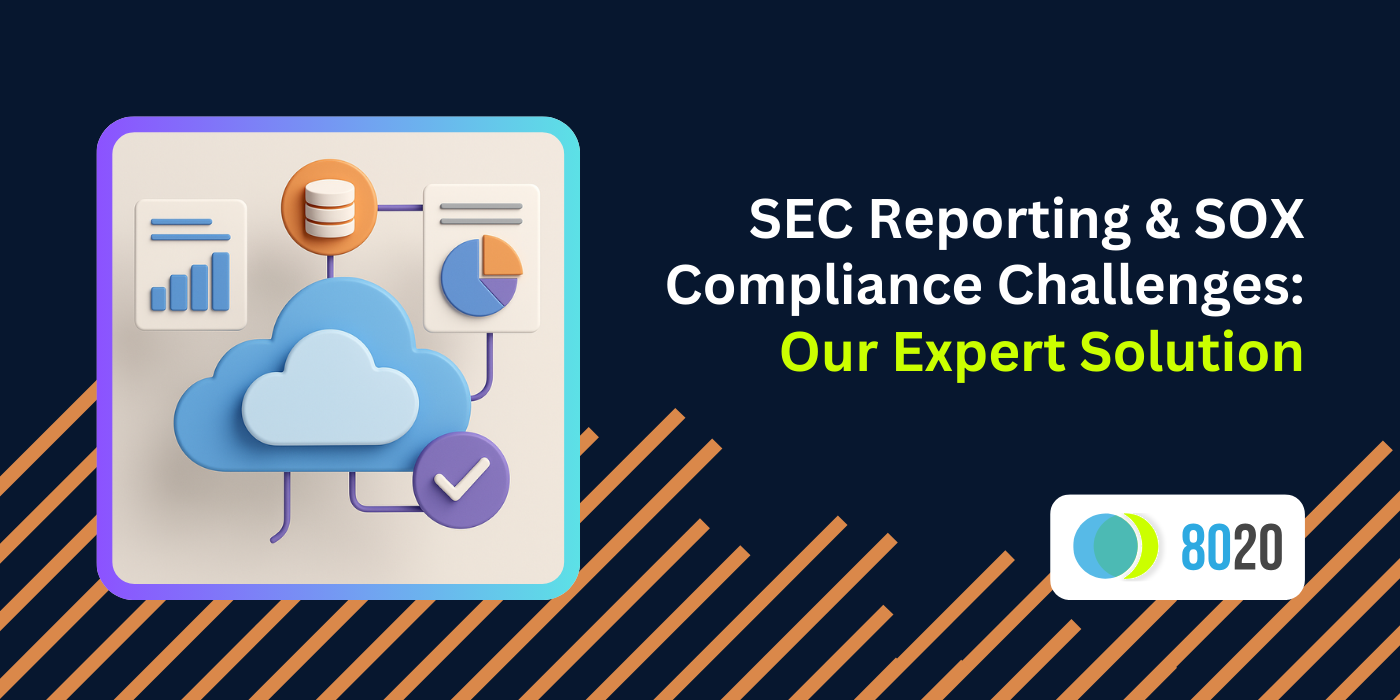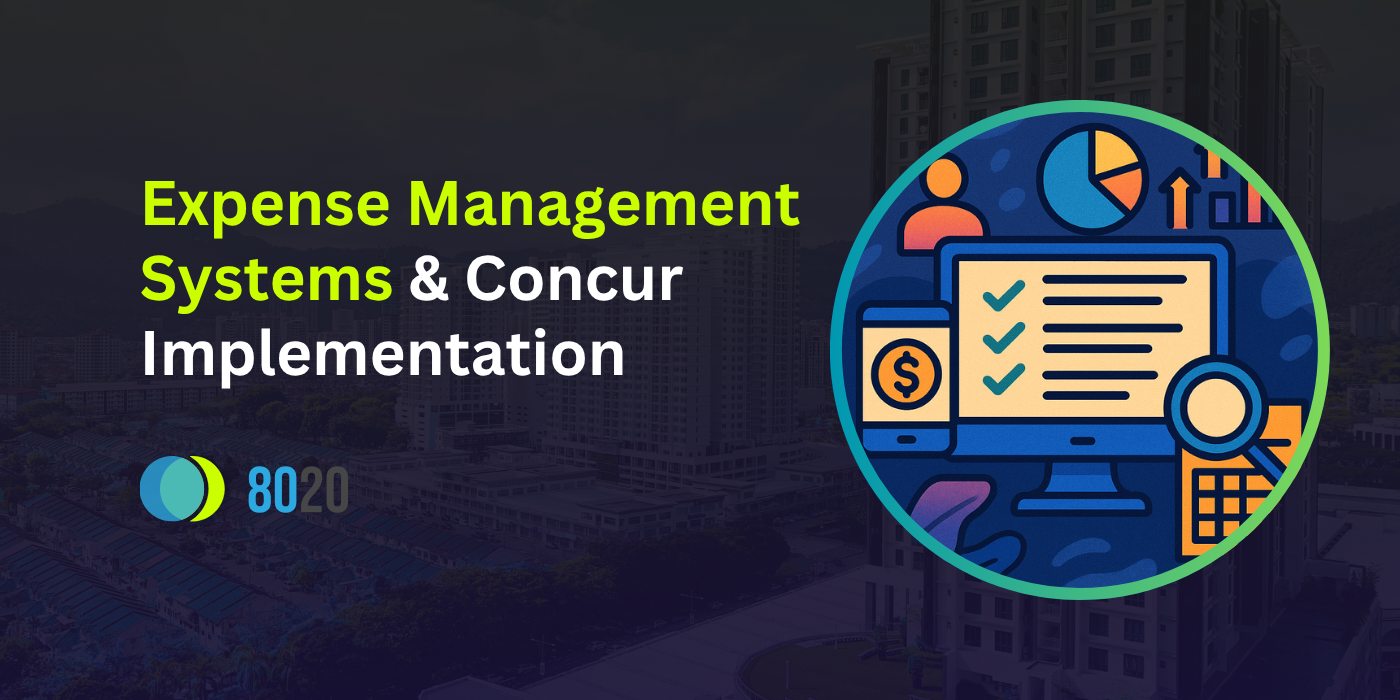Financial Turnaround & Restructuring Services
Stabilize Liquidity. Reset Strategy. Regain Momentum.
Our Restructuring Consultants support companies in distress with hands-on financial leadership, liquidity planning, and operational resets that protect value and position the business for long-term recovery.
TRUSTED BY INDUSTRY LEADERS






Financial Clarity and Stability When It’s Needed Most
Whether you're facing a cash crunch, declining performance, or preparing for restructuring, our team moves fast to assess, stabilize, and realign. We help companies mitigate disruption and act as a central coordinating force across stakeholders and advisors.
20+Years
Avg. Operator Experience
100+
Full-Time Consultants
12+
Years in Business
1,600+
Projects Completed

How Is 8020 Different How Do Our Financial Turnaround & Restructuring Services Differ?
We bring deep financial and operational expertise to high-pressure situations—supporting liquidity, transparency, and stakeholder confidence at every step.
Why Companies Trust 8020:
• Specialists in financial distress, restructuring, and interim finance leadership
• Structured, proven frameworks for capital preservation and recovery
• Fast deployment of senior consultants across finance, ops, and systems
What Our Turnaround Experts Deliver:
• Cash flow forecasting and scenario modeling
• Coordination of restructuring plans and interim leadership
• Stakeholder communication strategies and capital raise support
Financial Turnaround & Restructuring Services Benefits
When financial performance falters, time is of the essence. Our financial restructuring and turnaround services provide the structure, insight, and leadership needed to stabilize operations, preserve enterprise value, and position your business for a stronger future.
01
Restore Liquidity and Cash Control
We help clients assess working capital, improve forecasting, and implement plans to stabilize cash flow and preserve capital.
02
Improve Reporting & Stakeholder Confidence
8020 provides clean financials, performance dashboards, and communication strategies to support boards, lenders, and investors.
03
Lead Operational Resets
From cost containment to process redesign, we help identify unprofitable areas, optimize systems, and build scalable business infrastructure.
04
Support Capital Raises & Restructuring Transactions
We assist with capital structure analysis, data room prep, and coordination with bankers and buyers during recapitalizations or asset sales.
Our Financial Management Solutions
Explore other services that support performance transformation and financial recovery:
We Operate Differently | We’re Built On Successful Outcomes, Not Just Theory
Our proven consulting model sets us apart from the market. Our core operating directives below make us different, better.

"8020 was crucial for RealD in developing a financial model for technology IP monetization and guiding our ERP selection process. Their work is thorough, executive-ready, and their team effectively implements recommendations."
⭐⭐⭐⭐⭐ | Jeff Spain | CFO, ReaID

"8020 was key in overhauling our budgeting process at 72andSunny and provided crucial support for system implementations like Workday and Oracle."
⭐⭐⭐⭐⭐ | Jordan Toplitsky | CFO, 72andSunny

"The team at 8020 have supported me across three companies, including managing our NetSuite implementation at Edgecast, integrating billing systems post-acquisition by Verizon, and overseeing our HQ relocation."
⭐⭐⭐⭐⭐ | John Powers | CFO, Tithe.ly

"8020's consultant brought a proactive approach to every challenge, consistently exceeding expectations while strengthening our team dynamic. I highly recommend 8020 for their skilled professionals who deliver immediate value and elevate any team."
⭐⭐⭐⭐⭐ | Lindsay Terifay | VP, Controller - Fandango & NBC Sports
Meet Some of Our Experts
All the right skills, real-world experience, & high EQ leadership to ensure your success.
Financial Turnaround & Restructuring Resources
Access some of the powerful service-specific resources below to help you level up & win.

Strategic Finance Restructuring
Learn how we optimized finance, improved reporting, and cut $4M in costs for sustainable growth

Operational Review Process Guide
Get our 5-step action plan for building a successful operational review program to maintain enterprise initiatives

Cost Optimization Strategy Infographic
Learn best practices for reassessing cost structures and optimizing them to drive productivity across your business

Our Promise
The 8020 Commitment
We’re committed to delivering meaningful impact, fast.
Our consultants bring the expertise and focus to create measurable value from day one. And if expectations aren’t met, we don’t stand still, we collaborate, adjust, and ensure we deliver on the value we promised.
Financial Turnaround & Restructuring FAQs
Answers to your most frequently asked questions.
How is 8020's Consulting model different from other firms?
Unlike traditional firms that rely on junior teams or contractors, we embed highly experienced operators directly onto your team.
Our consultants are chosen from the top 10% of the market and are our full-time employees who combine deep technical expertise with hands-on operational experience, averaging 20+ years in the field.
This means you get the perfectly chosen expert for your specific needs, who operates as an extension of your team, drives immediate results, and elevates your entire finance operation through their proven methodologies and industry knowledge.
What makes your consultants different from other firms' consultants?
We exclusively hire senior finance professionals who have both led and executed complex financial operations in many real-world scenarios.
Each consultant must demonstrate exceptional technical expertise, strategic thinking, and a proven track record of success across challenging business environments.
Our consultants have actually "sat in the seat" - meaning they've held senior finance positions and truly understand the day-to-day challenges of running finance operations. This combination of technical knowledge and practical experience matched to your specific challenges enables them to deliver superior results.
How do you match consultants to specific client needs?
Our leadership & Client Services teams are made up of experienced finance and accounting consultants themselves, so they actually viscerally understand what your challenges are and who's best suited on our team to solve them.
We also use a precise diagnostic approach to match the right expert to your specific challenges by carefully evaluating project requirements, industry context, and technical needs to deploy consultants with directly relevant experience.
Our very selective hiring process maintains a diverse pool of specialists across many finance disciplines, ensuring we can address any financial challenge with the exact expertise needed. While out on a project, each of our consultants can leverage the collective knowledge & experience of all ~100 experts on the team whenever needed.
This strategic matching process, refined over years of successful engagements, maximizes project success and client satisfaction.
What are the key indicators that signal a need for turnaround services?
Early warning signs include declining cash flow, deteriorating working capital, covenant breaches, and strained vendor relationships.
Internal indicators often include delayed financial statements and reporting, increasing customer attrition, and declining operational efficiency metrics.
We help organizations identify these signs early to maximize recovery options and preserve enterprise value during transformation.
How do you balance short-term stability with long-term transformation goals?
A parallel-track approach balances stability and transformation. Short-term efforts focus on cash management, vendor negotiations, and efficiency gains, while long-term goals address core process improvements, restructuring, and growth strategies to ensure sustainable recovery.
What is your approach to stakeholder management during restructuring?
Effective stakeholder management during restructuring involves transparent communication, milestone tracking, and tailored messaging for creditors, employees, vendors, and customers.
Reporting structures are established to build trust and demonstrate progress.
What operational metrics do you use to track turnaround progress?
Operational metrics for tracking turnaround progress include cash flow, working capital efficiency, productivity levels, and customer retention.
Baseline measurements and enhanced reporting systems help quantify improvements and maintain accountability.
How do you help identify and capture new growth opportunities during restructuring?
Growth opportunities during restructuring are identified through market analysis and operational assessments.
Strategies may include targeting adjacent markets, launching new products, optimizing pricing, and improving sales effectiveness and retention programs.
How do you determine the optimal timeline for a turnaround engagement?
Each timeline is tailored based on the organization's specific challenges, cash constraints, and operational complexity. We focus on balancing urgent stabilization needs with implementing lasting operational improvements. Regular assessment points ensure the plan adapts to changing conditions while maintaining stakeholder alignment throughout the process.
Additional Deep Learning
Read any of the related articles below to deepen your learning today.
Your Corporate Finance & Accounting Challenges ...Solved
Leverage the industry’s most skilled accounting & finance consultants to help you solve any challenge
- Instantly fill your gaps & drive performance
- Extend your team with INsourced experts
- Optimize accounting infrastructure & efficiency
- Save money & get projects done right and on time


.png?width=1200&length=1200&name=Front%20-%20John%20Wollard%20(5-14).png)


